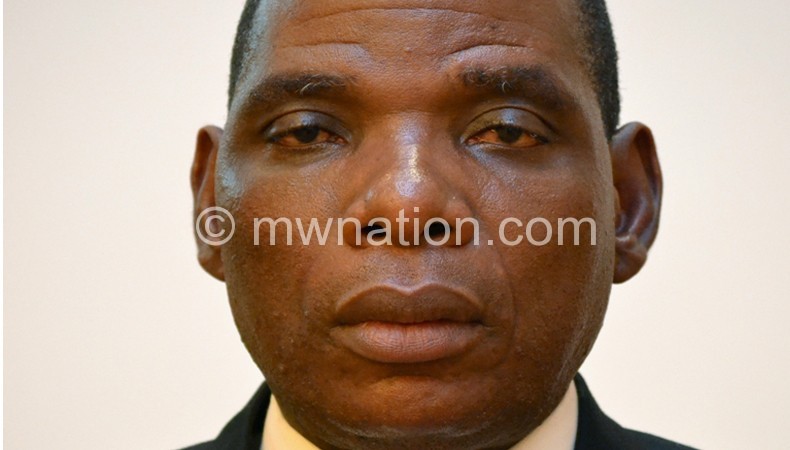Government dares private sector

The Malawi Government has challenged the private sector, touted as the engine of economic growth, to desist from just waiting for its tenders and contracts instead of being aggressive in producing value-added products for both domestic and foreign markets.
But the private sector, speaking through the Malawi Confederation of Chambers of Commerce and Industry (MCCCI), says despite the talk of turning the economy from being import and consumption dependent to one that is production and export oriented, no government has committed to its long term overhaul.
The chamber has also said government authorities must first create confidence and trust in the people of Malawi, adding that trust is a major determinant of economic decisions such as new investments and expansions.
“Why should the private sector only wait for government tenders and contracts instead of producing value added products and engage in import substitution?
“In normal circumstances, government tenders should only supplement private sector business and not be the core business. How well is our private sector responding to incentives and opportunities offered by government?” queried Minister of Industry and Trade Joseph Mwanamvekha in Lilongwe.
The minister also faulted the private sector for only focusing on importing products such fish when Malawi is capable of producing “own gem”, chambo, whose demand is souring on the global market.
Mwanamvekha, however, said government is aware that some companies such as Maldeco Aquaculture Limited, a subsidiary of conglomerate Press Corporation Limited (PCL), is producing chambo in cages, but said the current quantities do not satisfy the domestic and foreign demand for the product.
He said government expects private sector to rally behind the call and complement its efforts in addressing the challenges facing the country such as the generation of the much-needed foreign exchange.
Mwanamvekha, who urged private sector players to be innovative and think outside the box, encouraged them to take advantage of expanded regional market opportunities such as those provided by the Common Market for Eastern and Southern Africa (Comesa) and Southern Africa Development Community (Sadc).
The minister also challenged the private sector to explore investment opportunities outlined in the compendium of bankable projects that his ministry recently produced.
But MCCCI executive director Chancellor Kaferapanjira, in an email communication, said if local manufacturers import raw materials for processing in Malawi and re-export processed or manufactured products, there would be no problem as the companies would earn foreign exchange from the exports.
“This is what export oriented economies, especially the newly industrialising ones such as South Korea, Taiwan, Malaysia and China. As a way forward, the country must deliberately formulate and implement a very serious restructuring programme where the existing manufacturers in Malawi must be assisted to become more productive and, therefore, compete on the international market. Government must take the lead,” he said.
He admitted that that most local manufacturers are inward oriented because they only serve the local market; hence, susceptible to currency volatility.
Kaferapanjira said besides the Export Development Fund (EDF), a fund from which the private sector can tap, government must go beyond that by addressing the internal and external challenges to productivity.





